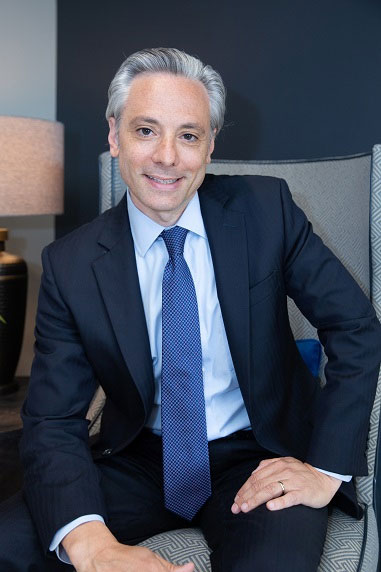OIG Report Suggests Increased Enforcement Against Dentists Billing Medicaid
By: Christopher A. Iacono
A recent Inspector General’s report concerning alleged overbilling of Medicaid by Louisiana dentists appears to be another sign that increased enforcement against dental providers in on the horizon. The report, which had relatively narrow findings, concluded that roughly two dozen dental professionals in Louisiana are “extreme outliers” based on the amounts of their Medicaid billings. A similar OIG report was issued in March concerning New York dental providers.
Over the past several years, many dental practices have been accused of distributing kickbacks, such as gift cards, manicures and amusement park tickets, in order to lure low-income families in for examinations. Additionally, dentists have been prosecuted for allegedly providing services that were medically unnecessary or that have failed to meet professionally recognized standards of care.
Numerous dental professionals have been sentenced to prison after been convicted of Medicaid fraud. For example, a North Carolina dentist was sentenced last year to a five-month term for mischaracterizing the dentures he supplied. Additionally, a Texas orthodontist was sentenced to 50 months for letting assistants perform certain tasks without supervision.
There has also been an increase in Medicaid audits of dentists in recent years. Dental providers should make certain that the full comply with the Medicaid billing rules and regulations. Those rules and regulations can be extremely precise, as evidenced by some of the alleged fraud that has been prosecuted. In 2012, for example, prosecutors accused an Oklahoma dentist of fraud for allegedly restoring smaller portions or fewer surfaces of individual teeth than she claimed. As a result, cases can require enlisting experts to perform exhaustive examinations of dental records, such as X-rays and charts, to demonstrate conclusively that misconduct occurred.
Medicaid spent roughly $7.5 billion on dental care in 2010, a figure that has almost certainly grown since that time, especially as the program for low-income Americans expands under the Affordable Care Act. A sizable portion of those expenditures is for children, as Medicaid requires states to provide pediatric dental care but provides leeway when it comes to adults.
While many types of health care fraud are getting attention these days, experts opine that the confluence of disturbing allegations in dental fraud cases — fleecing taxpayers, harming children and taking advantage of low income families— may make such investigations or prosecutions especially attractive to government attorneys.

